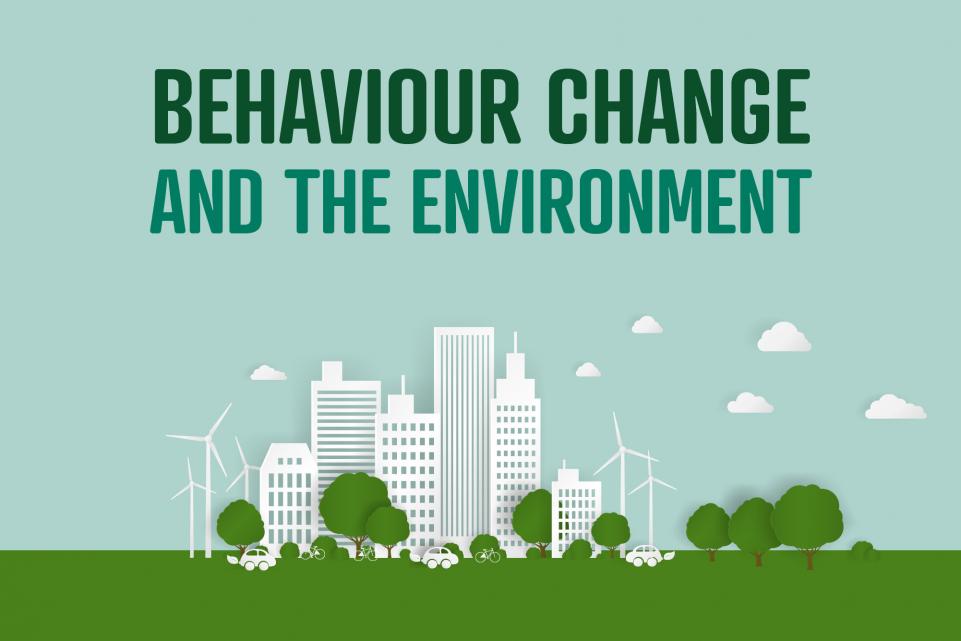Analysing three main ways that behaviour changes can be sustained
There are three main tips and tricks to think about when looking to sustain behaviour:
Our level of satisfaction
- Having made the change, how satisfied are we with the outcomes which we have received?
- Experiencing sufficiently desirable outcomes will increase the likelihood of sustaining the change in behaviour.
- If the person is dissatisfied with the outcomes which were achieved, outcomes were not met, or were not as positive as first thought, then the likelihood of the behaviour continuing will decrease.
Expectation management is key:
- Emphasise realistic outcomes e.g do not expect huge changes in behaviour with each intervention – a small change is a good change
- Direct attention towards likely but undervalued outcomes
- Highlight accrued successes and progress
How is the quality of motivation?
- Is the motivation intrinsic, driven by an inherent interest in the behaviour, from within? Or, is the motivation extrinsic, driven by external pressures and influences?
- Intrinsically motivated people are more likely to initiate and maintain behaviour.
- How do we encourage people to become intrinsically motivated?
Self-determination theory says that there are 3 levers which we can use:
- Competence – feeling competent in performing the behaviour e.g feeling able to cycle a bike on the road
- Relatedness – feeling connected with others e.g if other people are recycling, you can feel like you’re ‘in it together’
- Autonomy – feeling able to exert control over our own actions e.g deciding for your own health that you will eat less red meat
Other behaviours may include...
- Diet - reducing the amount of meat which you eat. Potential intervention: keep your own diary of your behaviour
- Working from home in a green way – turning the lights off in the room you are not in, charging electronic devices, water usage – showers, washing up etc, installing insulation
For example:
- What behaviour are you trying to change? E.g Charging your laptop/electronic device for the amount of time needed only (I.e not overnight, or having it plugged in all day)
- Whose behaviour are you trying to change? E.g Homeworkers, either council employees, or residents who work from home
- Where are you trying to change the behaviour? E.g At home
- When are you trying to change the behaviour? E.g During the day when working, and at the end of the day
- How often are you trying to change the behaviour? E.g Each weekday


